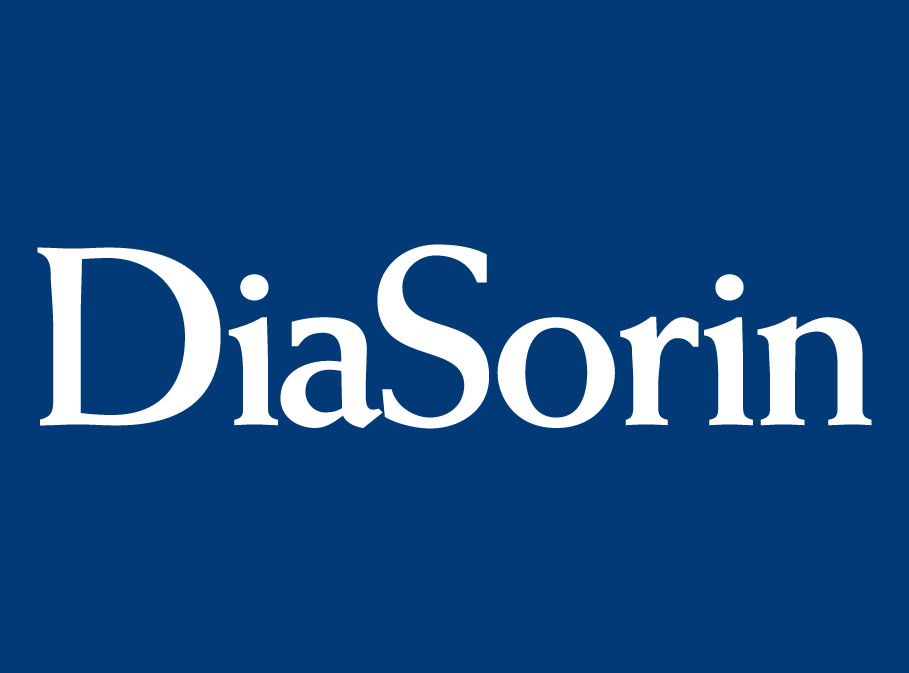



Original from: Genomeweb
DiaSorin said on Friday that its first quarter revenues rose 34 percent year over year.
For the three months ended March 31, the Saluggia, Italy-based company reported 358.0 million ($378.5 million) in revenues compared to 266.7 million in Q1 2021.
Removing COVID-19-related product revenues, the firm posted 159.9 million in immunodiagnostics revenues, up 10 percent year over year from 145.2 million; 46.3 million in molecular diagnostics revenues, up 137 percent year over year from 19.5 million; and 54.7 million in licensed technologies revenues compared to no licensed technologies revenues in Q1 2021.
Excluding COVID-19-related product revenues, DiaSorin's immunodiagnostic revenue growth was driven mainly by 13 percent year-over-year revenue growth at constant exchange rates for chemiluminescence (CLIA) tests outside those used to detect vitamin D. Chemiluminescence tests used to detect vitamin D declined approximately 6 percent year over year at constant exchange rates.
The firm's non-COVID-19-related revenue growth in molecular diagnostics was driven mainly by the inclusion of revenues from Luminex, which it acquired last July for $1.8 billion. Licensed technologies revenues were driven by sales of Luminex xMap instruments and consumables, DiaSorin said.
Overall, Luminex contributed 97 million to DiaSorin's revenues in Q1.
On a conference call to discuss the financial results, DiaSorin CEO Carlo Rosa said that its COVID-19 immunodiagnostics test revenue "was 50 percent below what it was a year ago, mainly driven by the serology component" of the business.
The firm's COVID-19 immunodiagnostics tests consist of a high-throughput antigen test used in hospitals to test hospital staff for SARS-CoV-2 and an antibody test for monitoring antibody titers following vaccination. Sales of the antibody test have been lower than expected.
Further, in Q1, sales of DiaSorin's SARS-CoV-2 molecular tests declined about 50 percent " compared to the peak [of testing] last year," Rosa said, adding that it saw high demand for molecular diagnostic tests to detect the Omicron variant in January that subsequently declined.
Rosa added that excluding COVID-19 revenues, the firm saw a year-over-year drop in MDx respiratory test growth that was offset by growth with other tests, including for the Luminex Verigene 1 gastrointestinal panel.
Meanwhile, the licensed technologies business acquired through Luminex is growing at 14 percent year over year and is accretive to DiaSorin's earnings, Rosa said. The business, which involves the sale of instruments and technologies to partner companies to create products, is benefiting from US and European government grants for life sciences research, he added.
Among its Q1 highlights, DiaSorin said it launched an updated version of the Simplexa SARS-CoV-2 Variants Direct research-use-only test to detect Omicron variant mutations.
It obtained the CE mark for the Luminex xMap NxTag GPP Gastrointestinal panel to detect nucleic acids from 16 of the most clinically relevant bacterial, viral, and parasitic pathogens in stool samples on the Magpix system.
In the recently completed quarter, DiaSorin appointed Angelo Rago as the president of Luminex.
The company posted a Q1 net profit of 82.3 million compared to 78.2 million in Q1 2021.
DiaSorin's Q1 R&D expenses rose 87 percent year over year to 22.4 million from 12.0 million, while its sales, marketing, general, and administrative expenses rose 73 percent year over year to 96.3 million from 55.7 million.
At the end of Q1, DiaSorin had cash and cash equivalents of 521.5 million.
For full-year 2022, DiaSorin expects revenues at constant exchange rates between a 2 percent decline and 1 percent rise year over year. For 2022, it expects COVID-19 related revenues of between 150 million and 180 million. Non-COVID-19-related revenues are expected to increase by approximately 24 percent.
The firm said it does not expect materially negative impacts from the conflict between Ukraine and Russia.
Source: DiaSorin Q1 Revenues Rise 34 Percent Despite Dip in COVID-19 Test Demand